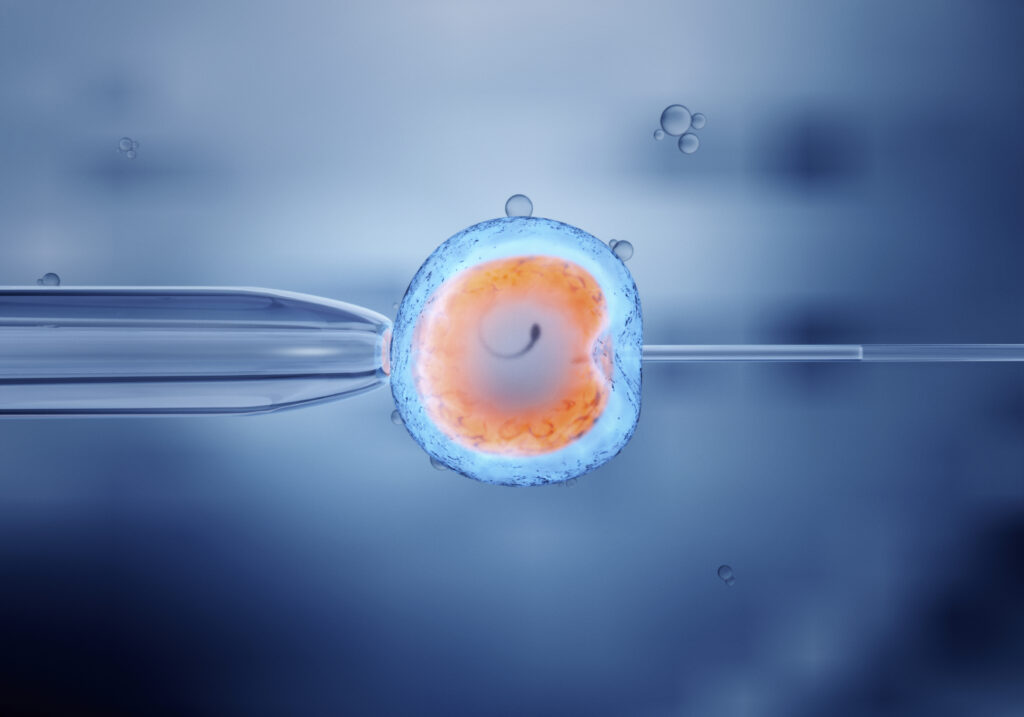Up until a few decades back preserving one’s fertility was considered something that is seemingly impossible, but with the advancement of medical technology it is quite possible today through egg freezing. In case you are wondering what egg freezing is – it is a method of preserving a woman’s fertility so she can try and have children at a later date. Let’s delve a little deeper into what egg freezing is and how the process works.
Egg freezing is a novel way of preserving a woman’s fertility, which will enable her to have a family in the future. The process is also called oocyte cryopreservation. In simple terms, it means saving fertility for the future. The process starts with collecting woman’s eggs, freezing them, then thawing them later, combined with sperm in a lab and implanted in the uterus (in vitro fertilization).
Why egg freezing?
Egg freezing can be considered if you are not ready to get pregnant now, but want to make sure that you can get pregnant later. It could be because of a medical condition or undergoing treatment that affects fertility or simply a matter of personal choice like not ready to have children now but want to preserve the chances of conceiving in the future – this is often called ‘elective egg freezing’.
As you may be aware a woman’s chances of conceiving falls as the age goes up because the quality and the number of eggs drop. In egg freezing, the eggs are collected when the woman is young and the eggs are of the highest quality to freeze in an attempt to preserve fertility. What is to be understood here is egg freezing is different from fertilized egg freezing (embryo cryopreservation) where it requires sperm because the eggs are fertilized before they are frozen. However, just like embryo freezing, you may need to use fertility drugs to make sure you ovulate so that you will produce multiple eggs for retrieval.

Egg freezing can be considered if:
- Your current health condition adversely affects fertility. These might include sickle cell anemia, autoimmune diseases such as lupus.
- You need treatment for diseases such as cancer or another illness that impairs your ability to conceive. Some medical treatments such as radiation or chemotherapy can harm your fertility. However, egg freezing before treatment might enable you to have biological children later.
- You wish to preserve younger eggs now for future use. Egg freezing when you are young might help you get pregnant at a later stage
Frozen eggs can be used to conceive a child with sperm from a partner or a sperm donor. A donor can be known or anonymous. The embryo can also be implanted in the uterus of another person to carry the pregnancy (gestational carrier).
uterus of another person to carry the pregnancy (gestational carrier).
The process of egg freezing:
Firstly, you will be tested for any infectious disease like HIV or hepatitis. Though this does not have any bearing on whether you can freeze your eggs or not, but is to make sure that the affected egg samples are stored separately to avoid cross contamination with other samples. Then the IVF process will be started which takes around two to three weeks to complete. Normally, this involves taking drugs to enhance your egg production and help the eggs mature.
To determine the quality and quantity of your eggs, your doctor might test concentration of follicle-stimulating hormone and estradiol in your blood on day three of your menstrual cycle. This is called ovarian reserve testing. Results can help predict how your ovaries will respond to fertility medication. Ultrasound of the ovaries might be used to get a clear picture of the ovarian function.
When the eggs are ready, they will be collected whilst you are under general anesthetic or sedation. At this point, instead of mixing the eggs with sperm (as in conventional IVF) a cryoprotectant (freezing solution to prevent ice crystals forming during the freezing process) will be added to protect the eggs. The eggs will then be frozen either by cooling them slowly or by vitrification (fast freezing) and stored in containers of liquid nitrogen. Latest statistics show that vitrification is more successful than the slow cooling method.
Most women will have around 15 eggs collected, although this is not always the case, especially among women with low ovarian reserve (low number of eggs).
Post procedure:
Generally, you can resume normal activities within a week of egg retrieval. Avoid unprotected sex to prevent an unintended pregnancy.
Egg freezing results:
When you want to use the frozen egg later in life, they will be thawed and fertilized with a sperm in a lab and implanted in your or a gestational carrier’s uterus. Generally, it is done via intracytoplasmic sperm injection (ICSI) where a healthy sperm is injected directly into each mature egg.
Chances of getting pregnant post procedure are roughly 45%. It primarily depends on your age at the time of egg freezing. It should be understood that age is inversely proportional to fertility.
If you are considering freezing your eggs please send us your questions related to Egg Freezing: support@garavelas.com
